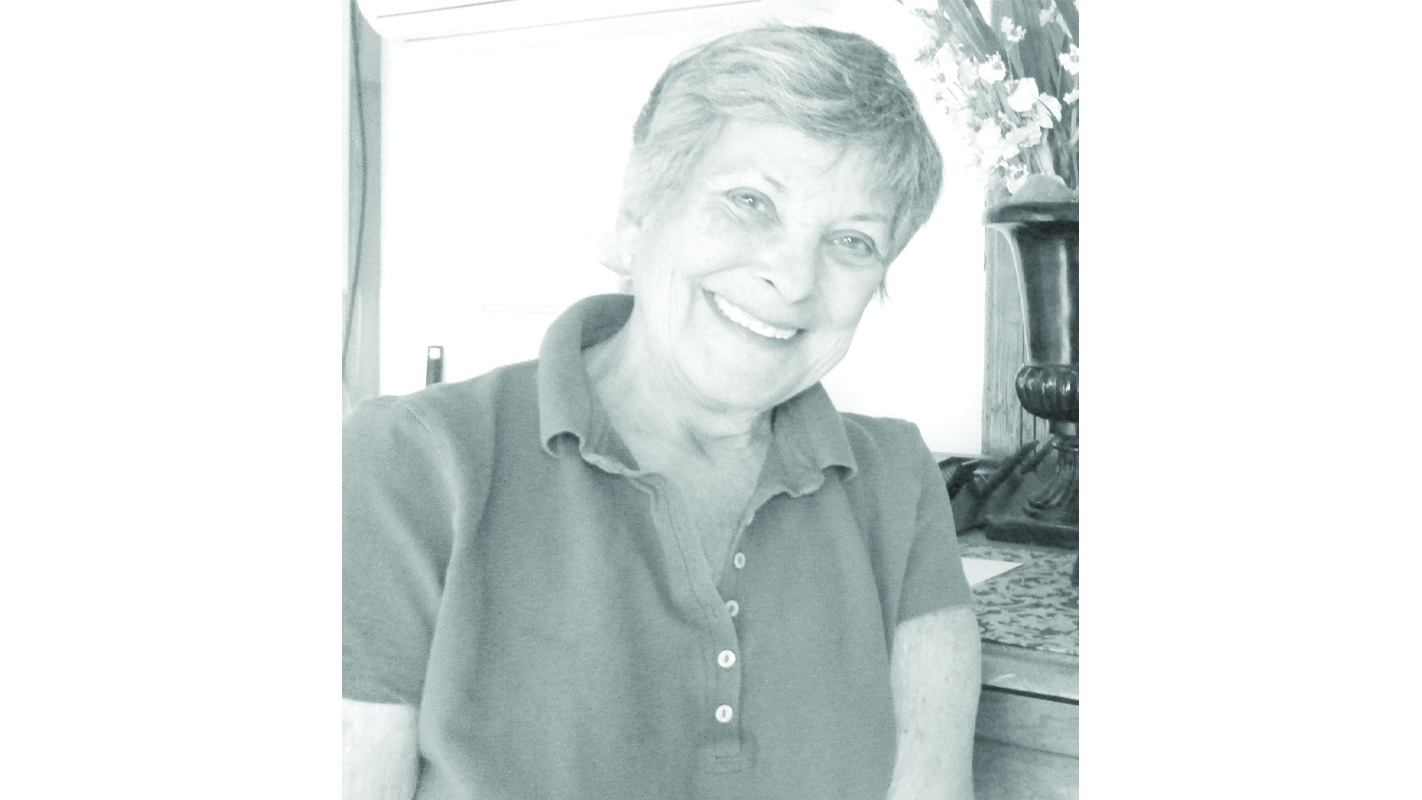By Dian Cohen
If you’re young and reading this, the homework’s in the column. If you’re my age, you’ll have to google the acronyms before you start.
So here’s the deal: The housing market is on fire. “Frenzy” and “pandemonium” are adjectives frequently used to describe the state of the real estate market – first-time buyers who fear they’ll never get a chance, long-time owners who see an opportunity to get the highest price, builders stepping up to alleviate the shortage of listings, variable mortgage rates going down, fixed rates going up but still the lowest they’ve been for years.
Do you buy? Build? Renovate? Sell? Or stay out of it?
The down and dirty is this: take your time to make your decision. A home, whether you are buying, building, selling or renovating is likely the biggest asset you have. Deciding about anything in the heat of the moment is never a smart strategy. When it’s your most valuable asset it’s downright stupid.
Best advice for first-time buyers: Do not, under any circumstances, put in a bid sight unseen. This has been happening more and more recently with people so anxious that they give up their right to have a professional inspect the property for major problems. Doing so means you can’t walk away from the deal, you can’t go back to the seller, your repair bills may mount and your insurance may go up.
Think twice before offering more than the asking price. This too is happening more and more and you’re putting yourself in the path of serious hurt when you go to sell. The economic situation of 2021 is an anomaly. Prices are not going to go up forever just because they’ve been going up for the last 15 years. At some point in the relatively near future, there will be more houses on the market, people will have spent the savings they accumulated during the pandemic lockdowns, supply chains will fix themselves and prices will normalize. You may not be able to get your price when you go to sell. Another consideration: interest rates will not stay low forever. Do some diligence on whether you can afford the mortgage when it’s two per cent higher.
You’d be wise to calculate the five-year rule that shows when you’ll break even from closing costs. If you plan on moving within five to seven years, you’ll likely lose money on the sale—unless home prices jump up dramatically from here, which is not something you should count on.
There are other options besides buying in a fear-induced unstable market. Continuing to rent is one because rental rates, especially in city centres are soft. There have been few foreign students and immigrants entering Canada this past year and rental vacancy rates right across the country are higher than they have been for a long time. Property owners are more flexible with rents than they’ve been for a long time.
Best advice for those who want to build or renovate: ask yourself, “Does this have to be done right now?” Prices of all the component parts that go into a home have risen from 20 to 200 per cent — not just lumber, but drywall and all things metal, including screws and nails. If you can afford it and are planning to stay put for 10 years, you’ll likely get your money back when you sell. Good luck in finding a contractor – be prepared to have your project take six to 10 weeks longer than you anticipate.
Best advice for sellers: Ask yourself: “Where will you live?” Now’s the time to sell if you’ve been thinking of it for a while. This is really the same advice for first-time buyers – don’t do it on the spur of the moment because you can get a good price. But if you’ve been thinking about this rationally for a while, be sure you know what your next move will be. Even here, you have some work to do. COVID has stopped many normal routines of everyday life. So far, moving and storage services are generally considered “essential” but you’ll have to investigate their availability in your area as well as what social distancing measures are in place (like virtual surveys instead of at-home surveys to provide you with a price estimate for your move.) Ask about cancellation policies so you don’t lose money if you have to cancel. Consider that packing up may be more expensive – you’ll need hygiene products for your movers; you shouldn’t use free or recycled moving boxes and it will be more difficult to drop stuff off at the local donation centre.
HTH. (Google it.)
Dian Cohen is an economist and a founding organizer of the Massawippi Valley Health Centre.
Cohendian560@gmail.com.






